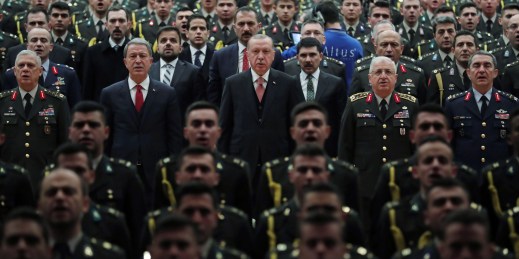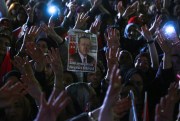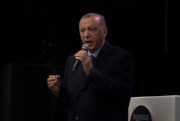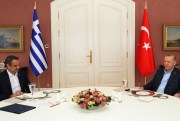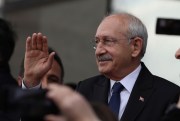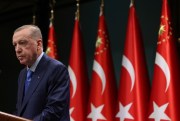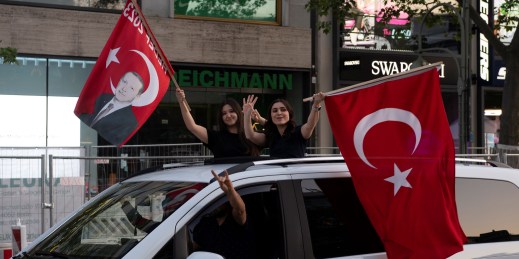
In his election victory last month, Turkish President Erdogan won an overwhelming majority among Turkish-German diaspora voters. That support, and the reaction to it among German media and political parties, highlights the growing role that Turkish-Germans and Kurdish-Germans have begun to play in German domestic politics.

